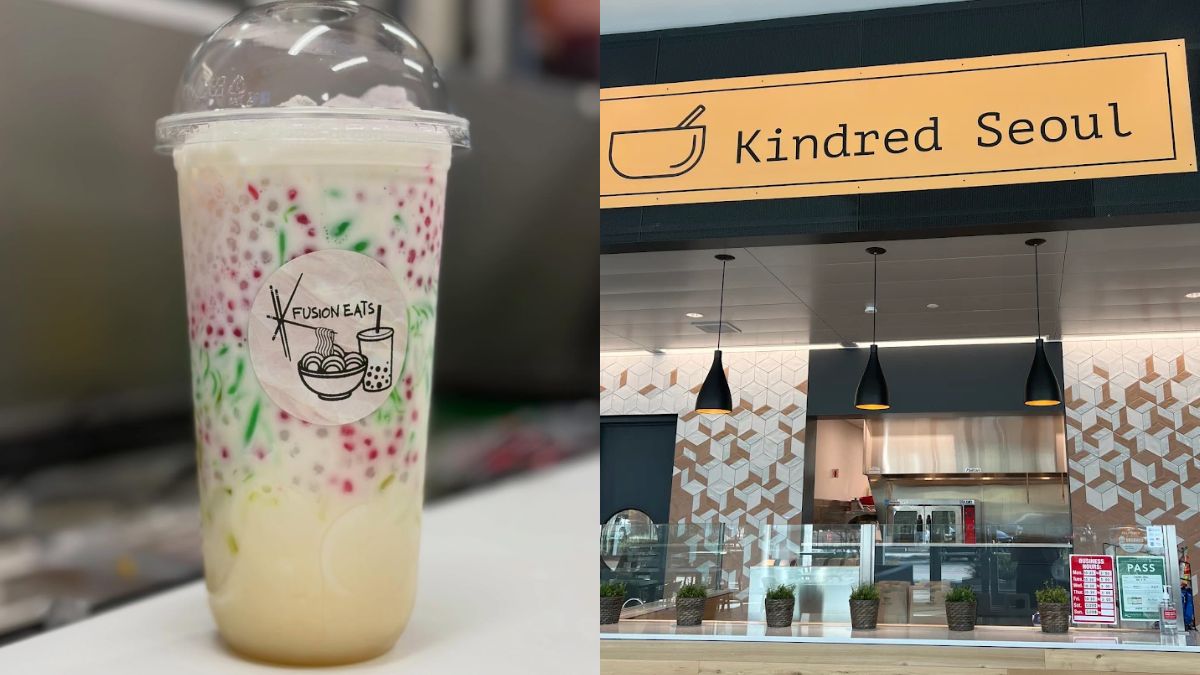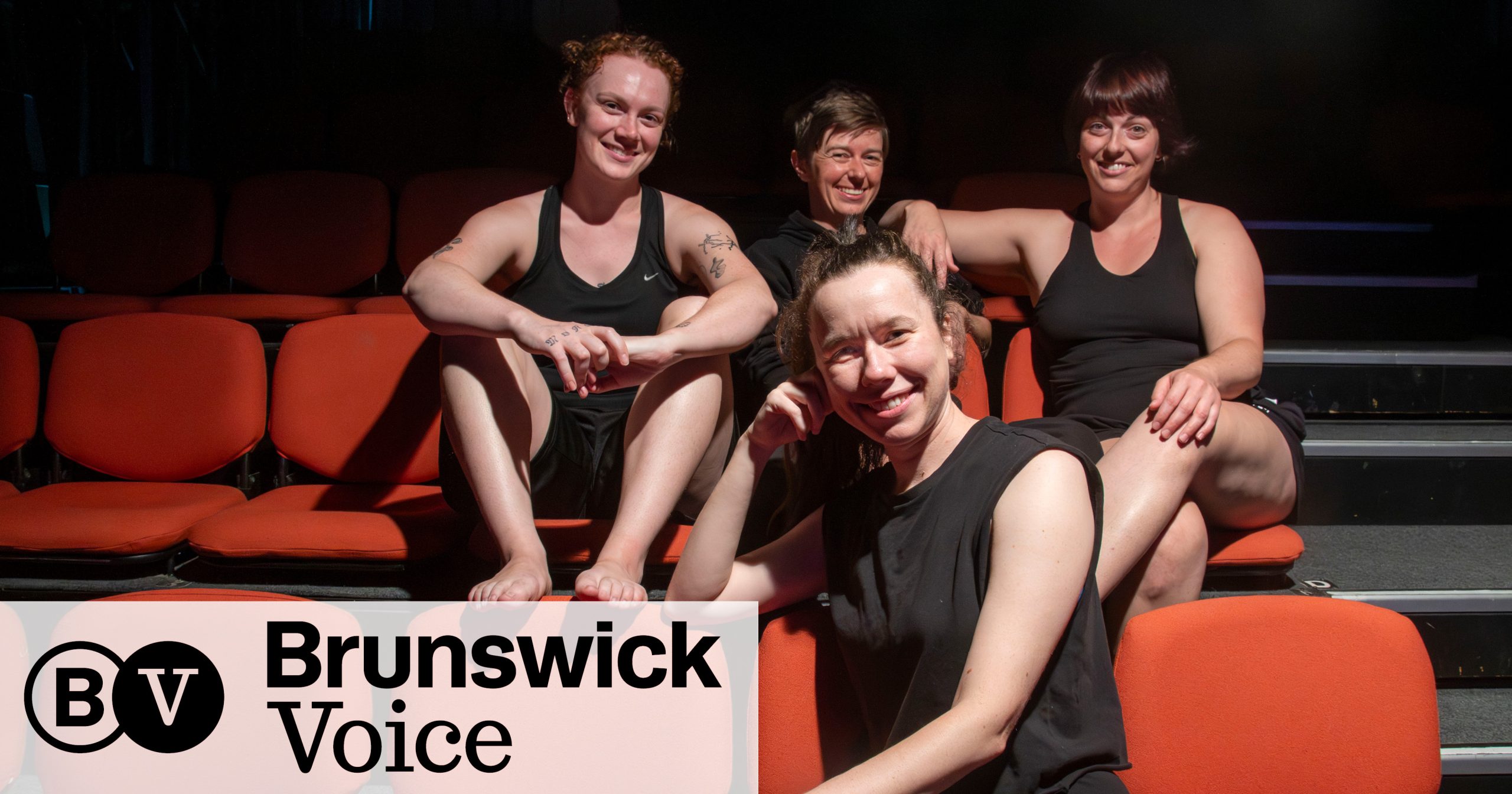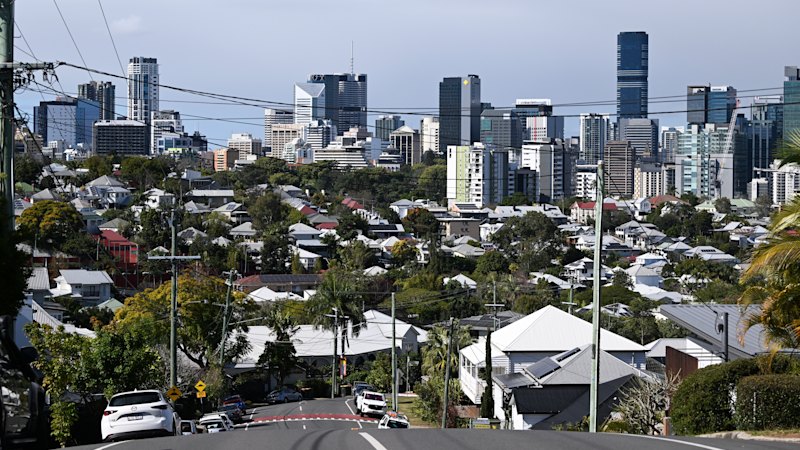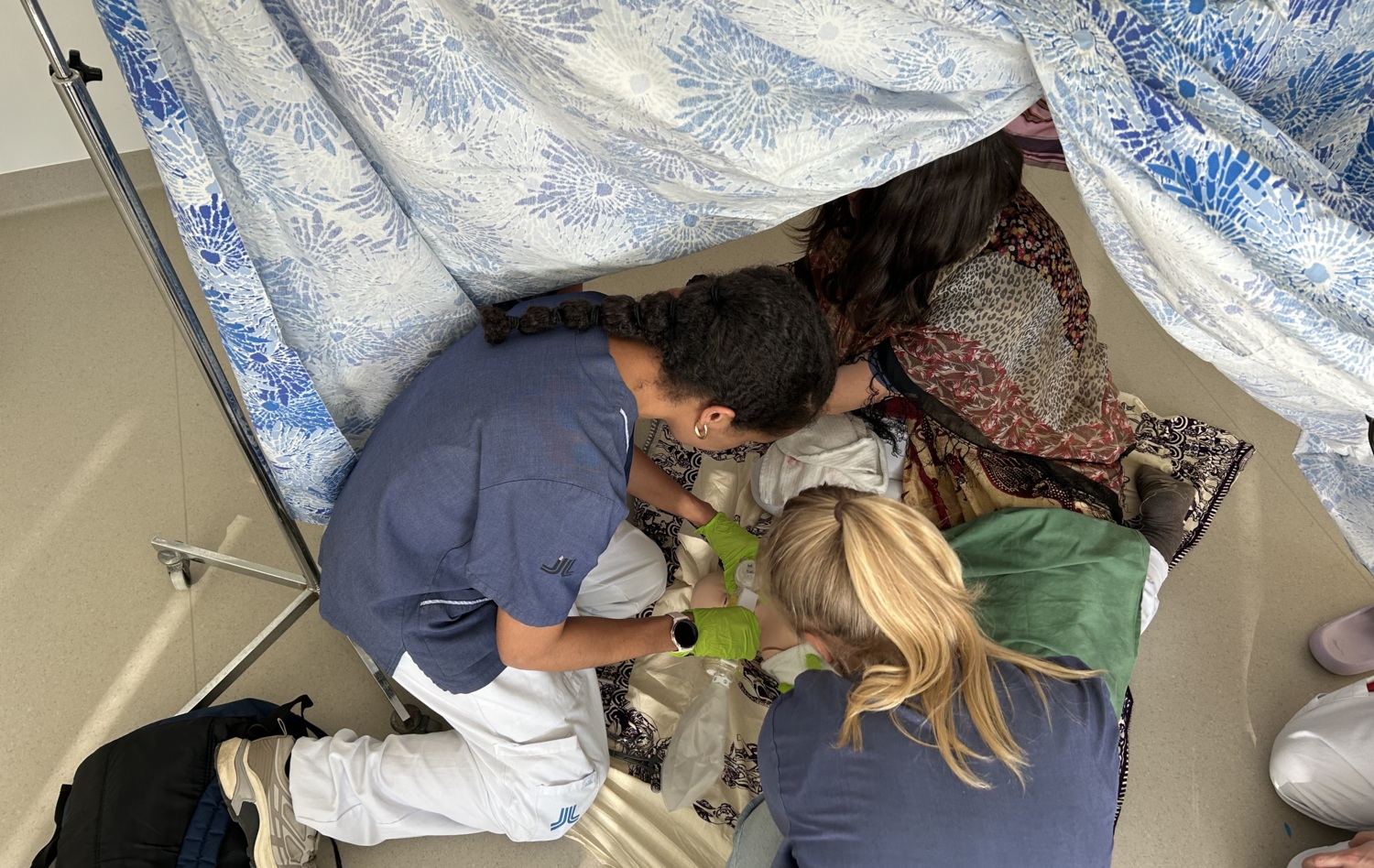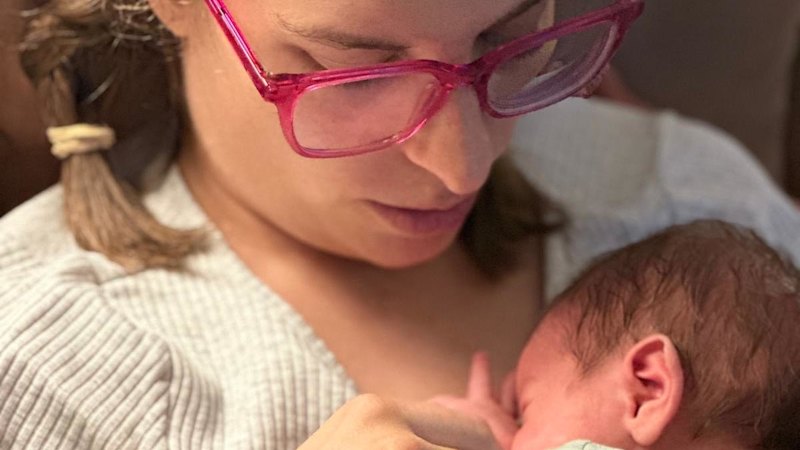
Many women today find themselves caught in the struggle between career aspirations and family responsibilities. For working mothers like Carla Hildebrandt, the pursuit of equality has often transformed into a relentless cycle of survival rather than thriving. Hildebrandt, a journalist at WAtoday, shares her experience of navigating motherhood and work in a challenging environment where support systems appear inadequate.
Hildebrandt’s daily routine reflects the reality faced by many parents. She balances work commitments with daycare drop-offs, grocery shopping, and the constant guilt of not being able to do it all. Her young daughter frequently falls ill due to common daycare illnesses, such as RSV and conjunctivitis, which adds to the family’s stress. “We’re all sick, most of the time,” she notes, highlighting the physical toll of managing a family alongside a career.
The systemic issues surrounding parental support in Australia have left many women feeling overwhelmed. Hildebrandt works four days a week, a choice driven more by financial necessity for a home loan than personal preference. This raises questions about the adequacy of current policies that support working parents. “Women fought for equality – for freedom, safety, and choice,” she writes, lamenting that the ideal of “having it all” has morphed into the expectation of “doing it all.”
Hildebrandt’s journey into motherhood was not the seamless transition she had envisioned. After years of pursuing her career in journalism, she found herself facing the harsh realities of new parenthood. Her experience of postpartum anxiety and the lack of adequate support exacerbated her struggles. With her partner returning to work shortly after the birth of their child, she felt isolated and unsupported. “The formula I built my life around – work hard, be rewarded – no longer applied,” she recalls, emphasizing the stark shift in her identity.
As the demands of motherhood intensified, Hildebrandt sought help by moving back to Western Australia to be closer to her family. However, barriers remained. Her employer insisted on in-person attendance in Sydney, leading to a feeling of despair as she grappled with her new role as a mother. The overwhelming logistics of childcare, financial pressures, and the constant battle against sleep deprivation have left her feeling hollow.
The societal expectation that women should effortlessly juggle career and family has led to a culture of silence around the difficulties many face. “Women aren’t selfish for choosing not to have kids,” Hildebrandt argues. The cost of childcare often exceeds rent, and parental leave remains insufficient for many families. Despite conversations around “choice,” the reality is that many women feel trapped between burnout and financial instability.
To create a more supportive environment for families, Hildebrandt calls for significant reforms. Universal access to affordable childcare, comprehensive paid parental leave for both parents, and workplaces that genuinely embrace flexibility are essential steps toward enabling parents to thrive rather than merely survive.
While Hildebrandt acknowledges that not every mother shares her experience, she emphasizes the need for better support systems, particularly for those facing even greater challenges, such as single parents or families with children who have special needs.
In her reflections, Hildebrandt expresses a desire for a world that values parenting as a critical societal role rather than a personal burden. “I want a better world for her – one that doesn’t see parenthood as a personal failing to be endured,” she asserts. Her vision encapsulates the hope that future generations of parents will not have to choose between their professional ambitions and their family life.
Looking to the future, Hildebrandt remains committed to advocating for systemic changes that recognize the importance of caregiving. The exhaustion that defines modern parenthood should not overshadow the joy and fulfillment that comes from raising a family. As she continues to navigate the complexities of motherhood, she hopes for a shift in societal values that appreciates the essential nature of care and support for families.
